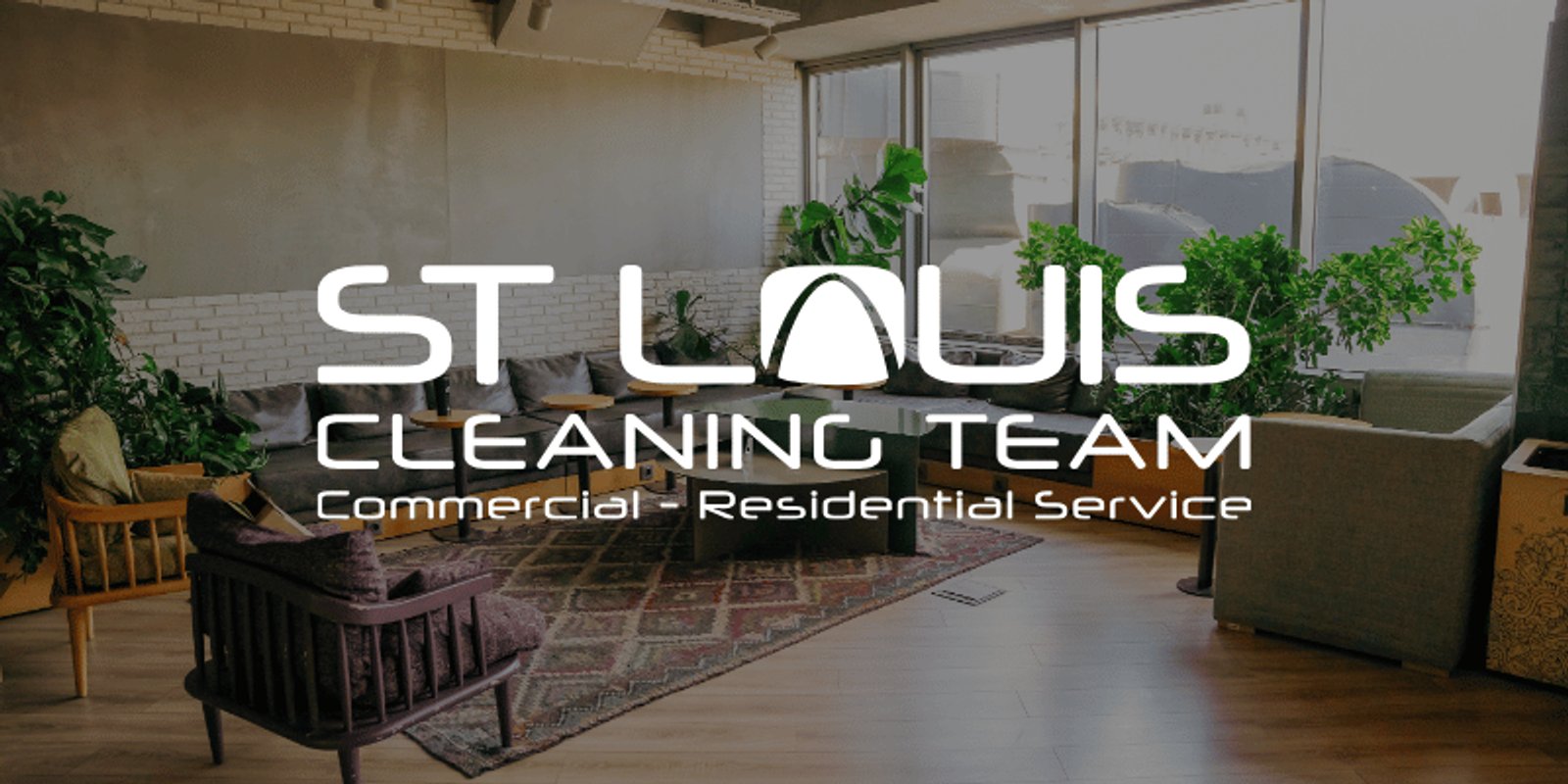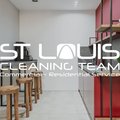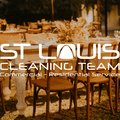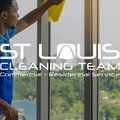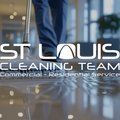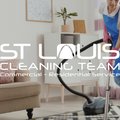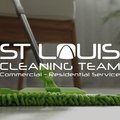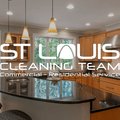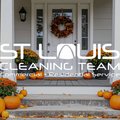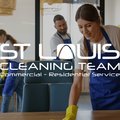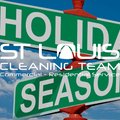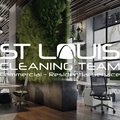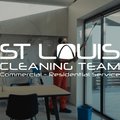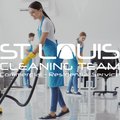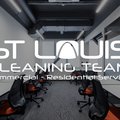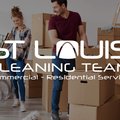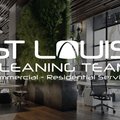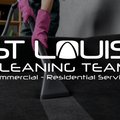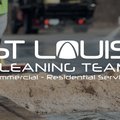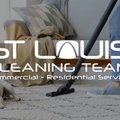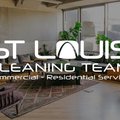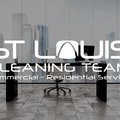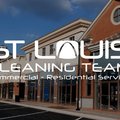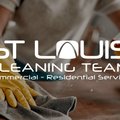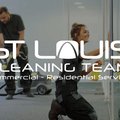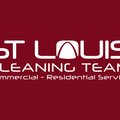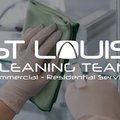When it comes to law firms, financial advisors, and executive suites across St. Louis, cleaning isn’t just about dusting shelves and wiping windows. It’s about trust. Confidential documents, private conversations, and client-sensitive materials are part of everyday life in these workspaces. That’s why your cleaning crew needs to do more than clean—they need to operate with discretion, professionalism, and security in mind.
Here’s how confidential office cleaning works—and why it matters more than most people realize.
What’s at Risk Without the Right Cleaning Team?
Untrained or careless cleaners may unintentionally:
- Move or misplace client files
- Leave private notes or case materials exposed
- Trigger privacy concerns by entering restricted areas
- Toss out documents that weren’t meant to be discarded
In industries governed by ethical rules or privacy laws (like legal, medical, or finance), even one mistake could cost a firm a client—or worse, lead to liability.
Core Confidential Cleaning Practices
St. Louis Cleaning Team has developed strict internal protocols for working in high-trust environments. Our process includes:
- Clearly marked zones: We confirm in advance which areas are off-limits or require supervision
- Secure handling: Cleaners never open drawers, file cabinets, or desks unless explicitly instructed
- No-document-touch rule: Papers, books, or folders left out are never moved or read
- Badge ID verification: All cleaning technicians are vetted, insured, and assigned to clients by name
After-Hours Cleaning for Maximum Privacy
Most confidential office cleaning is scheduled after business hours to reduce the risk of disruption or accidental exposure of private conversations.
We:
- Coordinate access with building management or security teams
- Sign in and out of each cleaning session
- Clean only agreed-upon rooms, with optional notes for follow-up tasks
- Use quiet, low-odor products to avoid disturbing early or late arrivals the next day
What Gets Cleaned (And What Doesn’t)
We clean:
- Desks, counters, and chairs (without touching paperwork)
- Common areas like kitchens, restrooms, and meeting rooms
- Lobby areas and waiting rooms
- Interior glass, handles, and touchpoints
We avoid:
- Personal drawers
- Unattended file stacks
- Unlocked cabinets or safes
- Plugged-in electronics or personal devices
If something needs attention but can’t be safely cleaned without moving sensitive items, we leave a discreet note for staff review.
The Importance of Consistency
Switching cleaning providers often increases the risk of mishandled materials. That’s why many of our St. Louis clients request the same cleaning crew every visit. It builds trust, improves efficiency, and ensures that the cleaning team knows exactly how the office operates.
We assign experienced technicians to our legal, accounting, and executive office accounts so there’s no guesswork—and no slip-ups.
Who Benefits Most from Confidential Cleaning?
- Law offices and legal firms
- Accountants and financial planners
- Wealth management advisors
- Insurance agencies
- Executive suites and shared professional buildings
If your work requires confidentiality, your cleaning crew should operate like an extension of your internal team—with professionalism and discretion from start to finish.
Get a Trusted Cleaning Partner
In a world where professionalism matters, having a cleaning team that respects your workspace and your clients is non-negotiable. At St. Louis Cleaning Team, we specialize in quiet, efficient, and confidential office cleaning for professionals who can’t afford mistakes.
Schedule a confidential walkthrough today and let’s discuss a cleaning plan built on trust.

